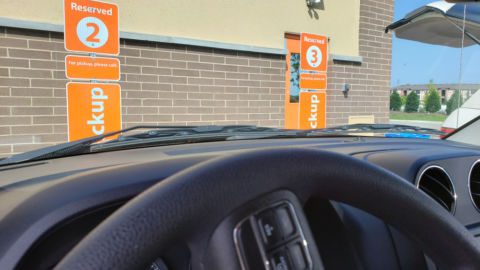One of the new realities for the retail industry following the recent recession is the heightened need to drive efficiency and responsiveness into its businesses. A new report by IDC Retail Insights, Best Practices: Fashion Retailers Build Greater Brand Equity, Improve Return on Capital, and Reduce Risk with PLM/MLM, indicates that retailers — highly motivated to stay competitive — are directing their attention to flexible and responsive supply networks that can respond efficiently to consumer needs.
Due to this shift, the adoption of retail Product Lifecycle Management (PLM) and Merchandise Lifecycle Management (MLM) applications has become a requirement for retailers, as they strive to create a range of private branded products that meet customer expectations for quality, value and trend. According to the report, establishing a retail PLM/MLM foundation enables a well-orchestrated and streamlined product development and product management process from product concept through order fulfillment.
“Retailers are unquestionably looking to drive more efficiency out of everything they do, but at the same time, they absolutely need to serve the customer better, delivering higher quality, higher value, on trend products to market with the utmost of ease,” said Leslie Hand, Research Director with IDC Retail Insights. “Retail PLM/MLM applications deliver on both accounts — facilitating continual innovation, faster cycle times, shorter lead times and higher accountability for quality and compliance while reducing the costs to design, make, ship and sell products.”
The reported benefits of PLM/MLM applications suggest that retailers of private brand and exclusive goods should be rushing to implement PLM applications, if they are not already. On average, the benefits stemming from retail PLM/MLM implementations include 10–80% reductions in cycle time, 2–5% decreases in product costs, and 20–40% improvements in product quality. These benefits are derived from elimination of gaps in the workflow — wasteful steps including looking for digital content, filling out forms, waiting for communication, being blindsided by problems, and not having a clear understanding of the impacts of changes in design, sourcing, production or logistics on landed cost.
To purchase IDC Retail Insights reports, contact insights@idc.com









